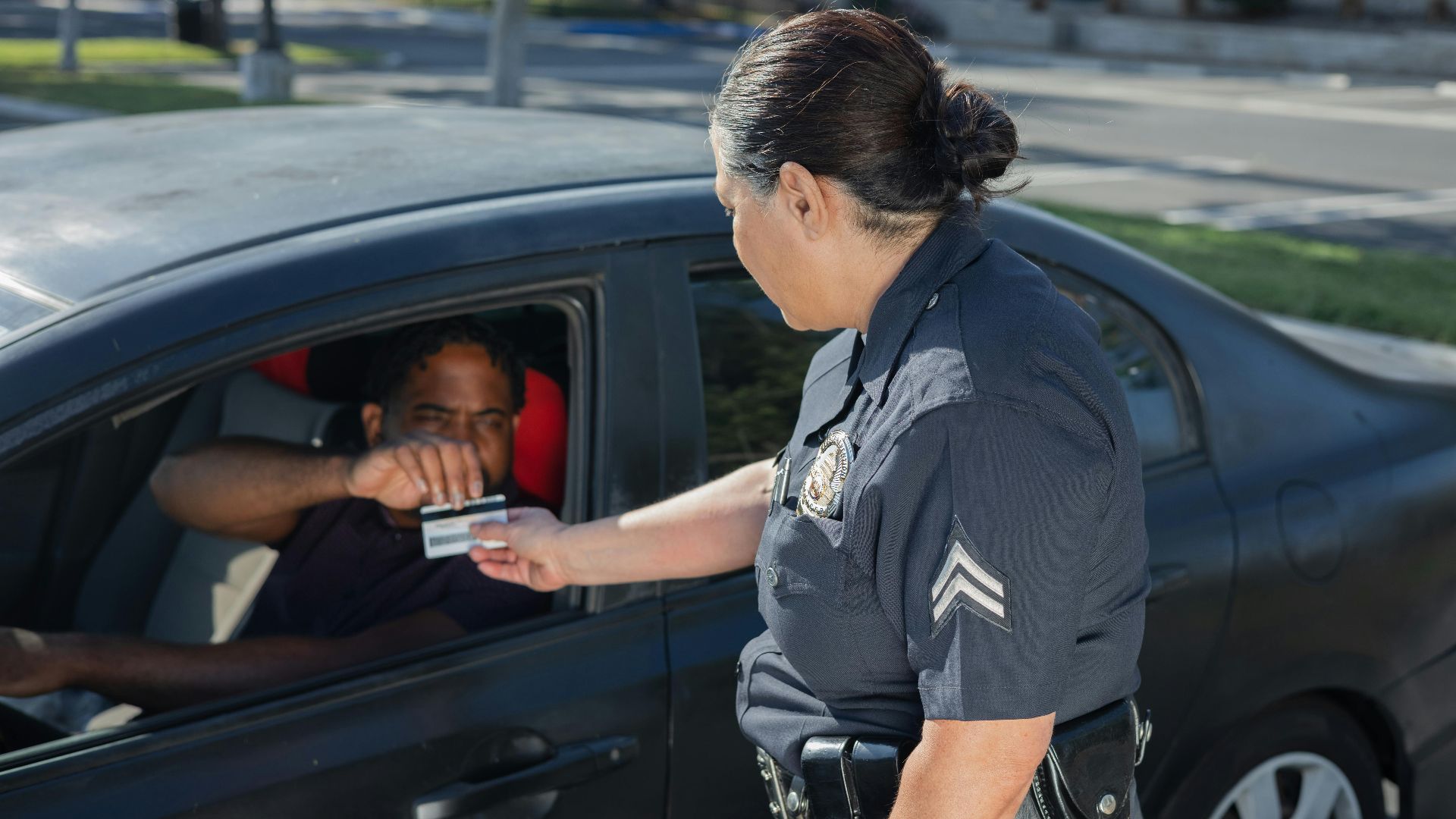You’ve probably heard the warnings—news anchors saying older drivers are a danger, family members gently suggesting you hang up the keys. Yet the truth behind those claims isn’t as straightforward as it sounds.
Driving is never just about mobility; it’s about independence, confidence, and freedom. For many older Americans who are already used to the convenience, giving it up feels like losing part of their identity. But before you decide one way or another, it’s worth looking at what the data—and the law—actually say.
The Numbers Don’t Tell The Whole Story
In a CDC 2022 article, more than fifty million Americans over sixty-five still hold valid driver’s licenses, a number that’s climbed sharply in the past two decades. That figure alone proves many seniors continue to drive safely and responsibly.
What often confuses the conversation is how crash statistics are framed. While accident rates rise slightly with age, so does caution. Seniors tend to drive fewer miles, avoid high-risk times, and obey speed limits more consistently than younger drivers. So, the issue is not really tied to age, but awareness and adaptation.
Still, changes in vision or medication side effects can make certain situations harder. Many states recognize this balance by requiring more frequent license renewals or simple vision checks after a certain age, as protection. These legal measures don’t aim to take away rights; they aim to keep everyone safe, including older drivers themselves.
When Safety Trumps Stubbornness
If you’ve started avoiding night driving or unfamiliar routes, that’s a smart adjustment. Studies from the National Highway Traffic Safety Administration highlight that most older drivers voluntarily modify their habits long before they’re forced to. That’s self-awareness in action. Spotting cues like missed turns or growing discomfort behind the wheel doesn’t automatically mean it’s time to quit—it means it’s time to assess.
Simple changes help, though. For instance, adding features such as larger mirrors can extend your safe-driving years. Talking with a doctor about medications that may affect alertness can make a world of difference. The goal is to keep control safely and responsibly for as long as you can.
The Law Looks At Ability, Not Age
Contrary to popular belief, no U.S. state revokes a license simply because of a birthday. Laws focus on ability, not years lived. Some states, like Illinois, require in-person renewals for those over seventy-five, while others, like Florida, rely on vision tests and shorter renewal intervals (NHTSA Licensing Procedures Report).
These steps aim to ensure safety. They reflect an understanding that aging affects everyone differently—one seventy-year-old may drive like a pro, while another may choose to retire from the road.
The Road Ahead
For adults approaching retirement or helping an aging parent, the best approach is proactive. Check local renewal laws, schedule routine checkups, and encourage honest conversations about driving comfort. There’s dignity in choosing safety before being told to do so.
Ultimately, the question isn’t “Should seniors drive?” but “How can they keep driving safely?” Independence doesn’t vanish with age—it just asks for a little more mindfulness.









